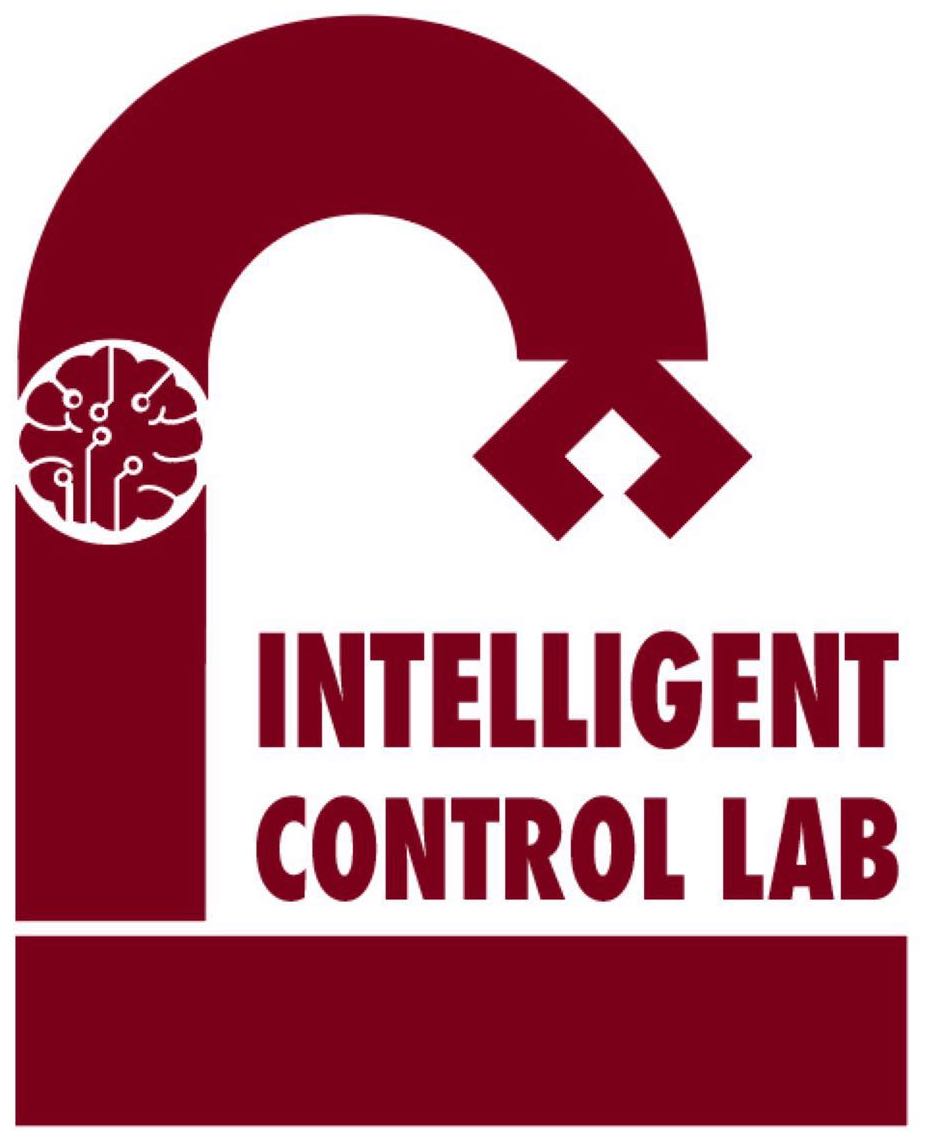16-714 Advanced Control for Robotics
Time: Monday and Wednesday 3:30 pm — 4:50 pm
Location: PH A21
Instructor: Changliu Liu (cliu6@andrew.cmu.edu)
Instructor Office Hours: Wednesday 2-3pm, NSH 4525
Canvas: https://canvas.cmu.edu/courses/42681
Piazza: https://piazza.com/class/m05auttsnij1v5
Course Material
Slides and Notes
Code Examples
Selected Student Projects
-
Yutong Huang LQR, MPC, LQG for Robot Arms
-
Yuchen Wu LQR, MPC, LQG for Robot Arms
Course Description
This course discusses advanced control algorithms that enable robots to behave more intelligently. It is designed for students, primarily graduate-level but open to talented undergraduates, interested in advanced control.
Key Topics
- Model predictive control
- Adaptive control
- Learning control
- Lyapunov theory
Prerequisites
- Familiarity with basic control theory and robotics concepts
- Proficiency in Matlab for examples and assignments
- Creativity and enthusiasm are essential
Course Goals
Familiarize students with advanced control algorithms and their applications in solving robotics problems.
Assessment Structure
- Homework: 80%
- Presentation: 15%
- Participation: 5%
Policies
Class Attendance
Participation and attendance are critical components of the course. Notify the instructor ahead of time if you must miss a class.
Use of Canvas
Lecture slides, supplementary materials, homeworks, and solutions will be posted on Canvas. Students should review slides prior to lectures.
Homeworks
- Number of Assignments: 5, each worth 16 points.
- Submission: Typed in Word or LaTeX, submitted in PDF format via Canvas.
- Self-Grading: Students will self-grade using provided solutions and grading instructions. Random checks will be conducted by the instructor.
- Late Submission: Deadlines are firm. Contact the instructor early in case of emergencies.
Presentation
In the final two lectures, students will present an advanced control method as part of a team project. Topics include:
- Safe control
- Koopman control
Weekly Schedule
Week 1
- 8/26: Lecture 1 - State-Space Models
- 8/28: Lecture 2 - Kinematic and Dynamic Models (Vehicles, Manipulators)
Week 2
- 9/2: Labor Day (No Class)
- 9/4: Lecture 3 - Matlab Tutorial
Week 3
- 9/9: Lecture 4 - System Properties
- 9/11: Lecture 5 - Dynamic Programming
- 9/13: Homework 1 Released (Optimal Control)
Week 4
- 9/16: Lecture 6 - Maximum Principle
- 9/18: Lecture 7 - Linear Quadratic Regulator
- 9/27: Homework 1 Due; Homework 2 Released (MPC)
Week 5
- 9/23: Lecture 8 - Infinite Horizon Optimal Control
- 9/25: Lecture 9 - Model Predictive Control
Week 6
- 9/30: Lecture 10 - MPC Feasibility
- 10/2: Lecture 11 - MPC Stability
Week 7
- 10/7: Lecture 12 - Iterative Learning Control (Frequency Domain)
- 10/9: Lecture 13 - Iterative Learning Control (Time Domain)
- 10/11: Homework 2 Due; Homework 3 Released (ILC & KF)
Week 8
- 10/14-10/16: Fall Break (No Classes)
Week 9
- 10/21: Lecture 14 - Probability and Least Square
- 10/23: Lecture 15 - Kalman Filter
Week 10
- 10/28: Lecture 16 - EKF and UKF
- 10/30: Lecture 17 - Recursive Least Square
- 11/1: Homework 3 Due; Homework 4 Released (RLS & LQG)
Week 11
- 11/4: Lecture 18 - Separation Principle
- 11/6: Lecture 19 - Model Reference Adaptive Control
Week 12
- 11/11: Lecture 20 - Dual Control
- 11/13: Lecture 21 - Value Approximation
- 11/15: Project Proposal Due; Homework 4 Due; Homework 5 Released (Policy Gradient)
Week 13
- 11/18: Lecture 22 - Policy Gradient
- 11/20: Lecture 23 - Actor Critic
Week 14
- 11/25: Lecture 24 - Lyapunov Methods
- 11/27: Thanksgiving Break (No Class)
Week 15
- 12/2: Advanced Topics: Safe Control (Safe Control with Learned Certificates: A Survey of Neural Lyapunov, Barrier, and Contraction Methods for Robotics and Control)
- 12/4: Advanced Topics: Koopman Control (Koopman Operators for Estimation and Control of Dynamical Systems)
- 12/6: Homework 5 Due
Additional Policies and Resources
- All coursework must be original. Collaboration must be acknowledged. Refer to CMU’s academic integrity policy for more details.
- Global Communication Center (GCC) for assistance with written and oral assignments.
- Counseling and Psychological Services (CaPS) for mental health support.
For more information, refer to the full course policies and syllabus.
